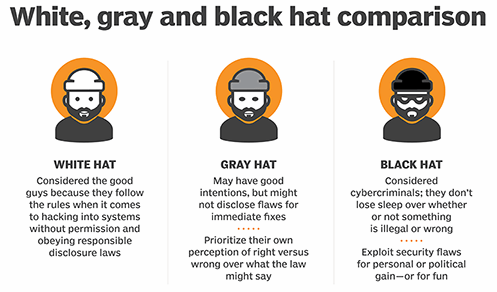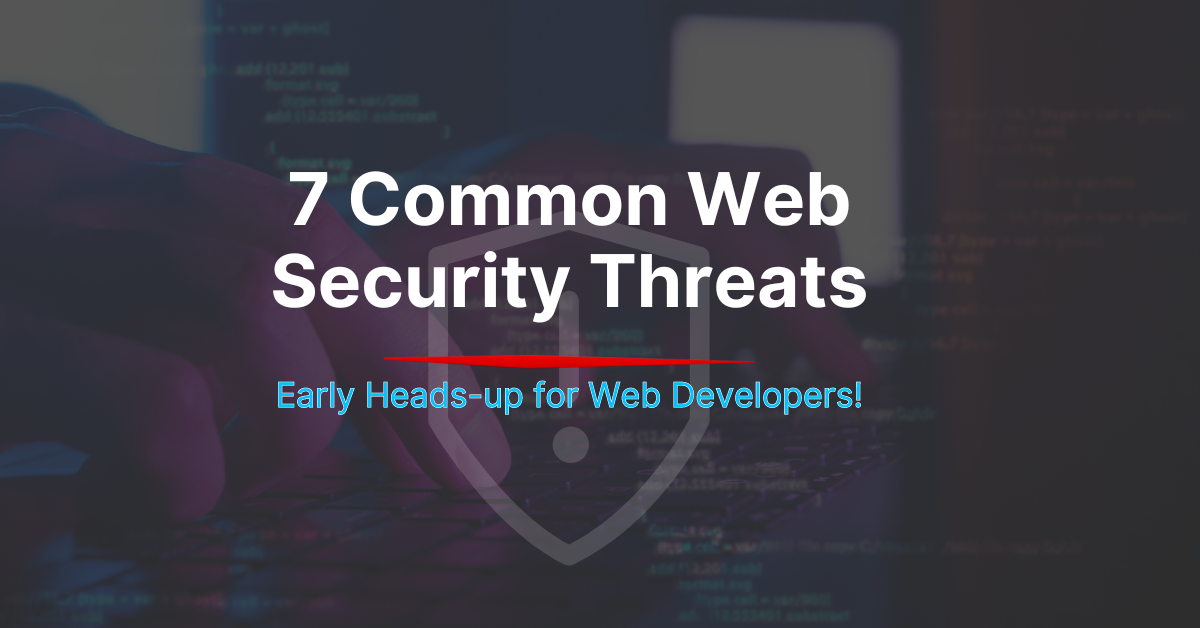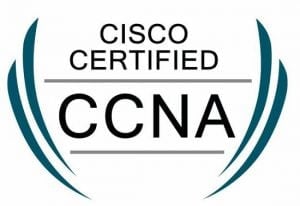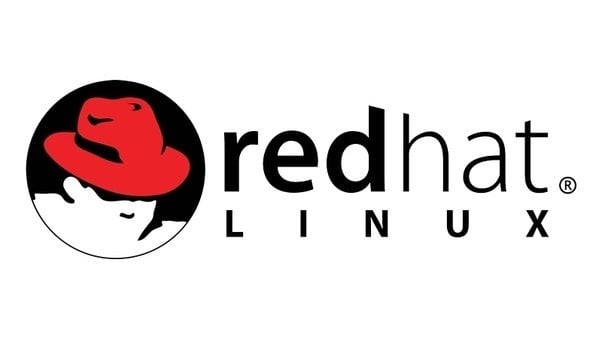What is Ethical Hacking ?
Ethical hacking is a method to look for weakness and vulnerabilities in a system or application. They use same tools as a malicious hacker. The difference is that, ethical hacker use legitimate and lawful manner to access the security posture of a target system. Ethical hacking is sometimes called penetrating testing as ethical hacking is an act of intruding into system or networks to find out threats, vulnerabilities which a malicious attacker can find and exploit which may cause loss of data or even financial loss and other major damages.
The purpose of ethical hacking is to improve security of the network systems. Ethical hacking also fixes the vulnerabilities during testing. Ethical hackers are expected to report all the security issues to the management so that , later the team can fix all the security weakness of a system.’
An ethical hacker is an information security specialist.Generally, an ethical hacker systematically attempts to penetrate a network, application or computer system on behalf of its owners and with their permission. He does so to find security vulnerabilities that a malicious hacker could potentially exploit.
Ethical hackers use their skills and methods to test and bypass the network security. Ethical hackers are called White Hat hackers while malicious hackers are Black Hat hackers. Rather than taking benefit of vulnerabilities, ethical hacker document them and provide advice about how to solve them. Later the team can work together to strengthen the security level.
 Ethical hackers may find security exposures in system configurations which are unsecure. They can be both known and unknown hardware or software vulnerabilities as well as operational weaknesses in process or technical countermeasures.
Ethical hackers may find security exposures in system configurations which are unsecure. They can be both known and unknown hardware or software vulnerabilities as well as operational weaknesses in process or technical countermeasures.
Any organization that has a public network should consider ethical hacking(penetration testing) as they are more vulnerable to hacking.
Now below we talk about the use and techniques of ethical hacking in more detail.
Use of ethical hacking
Finding vulnerabilities
Ethical hackers help companies determine the effectiveness of IT system. Ethical hacking checks what need to be updated and which contain vulnerabilities that can be exploited. After the evaluation they report back to company leaders about those vulnerable areas. The tests can include lack of sufficient password encryption, insecure applications or exposed systems running unpatched software. Organizations can use the research data from these tests to make bold decisions about where and how to improve their security posture to prevent cyber attacks.
Demonstrating methods used by malicious hackers.
Malicious hackers use new techniques daily. These techniques can demonstrate frequently used and new hacking techniques that malicious actors use to attack their systems. Companies that have in-depth knowledge about these methods are better able to prevent them from doing so.
Help prepare for future cyberattacks
Cyberattacks can destroy a business. Most of the companies are unprepared for cyberattacks. Ethical hackers easily undestand the future probability of cyberattacks and the new methods used by them.They know how these black hat hackers will use new informations and techniques to attack the system. Secuerity professionals who work in collaboration with ethical hackers are always prepared for the new techniques and new cyber attacks.
Ethical Hacking Techniques
Ethical hacking techniques are no different to the malicious hacking. The only difference is that , Malicious hackers use their techniques to destroy the system while ethical hackers use their techniques to test the security system. Some of the hacking techniques the both hackers use are below.
- The most insecure part in hacking terms are ports. Both hacking methods use port to check for vulnerabilities .
- Ethical hackers use port scanning tools to scan a company systems. Some of these tools are Nmap,Nessus or Wireshark. These tools help to identify open ports, study the vulnerabilities of each port and take remedial action.
- Ethical hackers check for the any vulnerable applications in the patch installation. They check for those vulnerabilities in the updated software too which may be exploited.
- Ethical hackers perform network traffic analysis and sniffs them by using appropriate tools.
- They try to attempt to evade intrusion detection systems, intrusion prevention systems, honeypots and firewalls.
Malicious hackers sometimes use social engineering techniques too. The techniques such as making threats to the employees and attempt to extort access or information. Generally ethical hacker does not look and scan for these possibilities. But,ethical hackers also rely on social engineering techniques to manipulate end users and obtain information about an organization’s computing environment. Like black hat hackers, ethical hackers may jumble through postings on social media . An ethical hacker may engage his employees in phishing attacks through email or other methods to exploit vulnerabilities in physical security.
How to become an ethical hacker ?
The criteria for an ethical hacker is not set. There is no limitations like education criteria or some other special requirements. Generally the industry looks for a minimum bachelor degree in information security or computer science.
Other technical subjects like programming, scripting, networking and hardware engineering, can also help those pursuing a career as ethical hackers. They offer a fundamental understanding of the underlying technologies that form the systems that they will be working on. Other relevant technical skills may include software development and system administration.
Certified ethical hackers
There are a number of ethical hacking certifications that can help individuals become ethical hackers. The numbers of ethical hacking certification include :
Certified Information Systems Auditor (CISA)
The certification offered by ISACA which is a nonprofit, independent associatio. CISA exam certifies the skills and understanding of security professionals. This certification requires candidates to have five years of professional work experience related to information systems auditing, control or security.
Certified Ethical Hacker (CEH)
The certification from the EC-Council, one of the leading certification bodies is one of the ethical hacking certification . This security certification, validates how much an individual knows about network security. This is best suited for a penetration tester role. The certification covers more than 270 attacks technologies. The included requirements for this certifications are attending official training offered by the EC-Council or its affiliates and having at least two years of information security-related experience.
GIAC Security Essentials (GSEC)
This certification is managed by the Global Information Assurance Certification organization. The certification is targeted toward security professionals who want to demonstrate they are qualified for IT systems hands-on roles with respect to security tasks. Candidates should demonstrate they understand information security which is beyond simple terminology and concepts.
Certified information security manager (CISM)
CISM is an advanced certification which is offered by ISACA that provides validation for individuals who have demonstrated the in-depth knowledge and experience required to develop and supervise an enterprise information security program. The certification is dedicated to information security managers, aspiring managers or IT consultants who support information security program management.
Ethical Hacker Course
Ethical hacker course gives you all the knowledge about ethical hacking and makes your path easy to get certified and become ethical hacker.Learn more about this course here.







